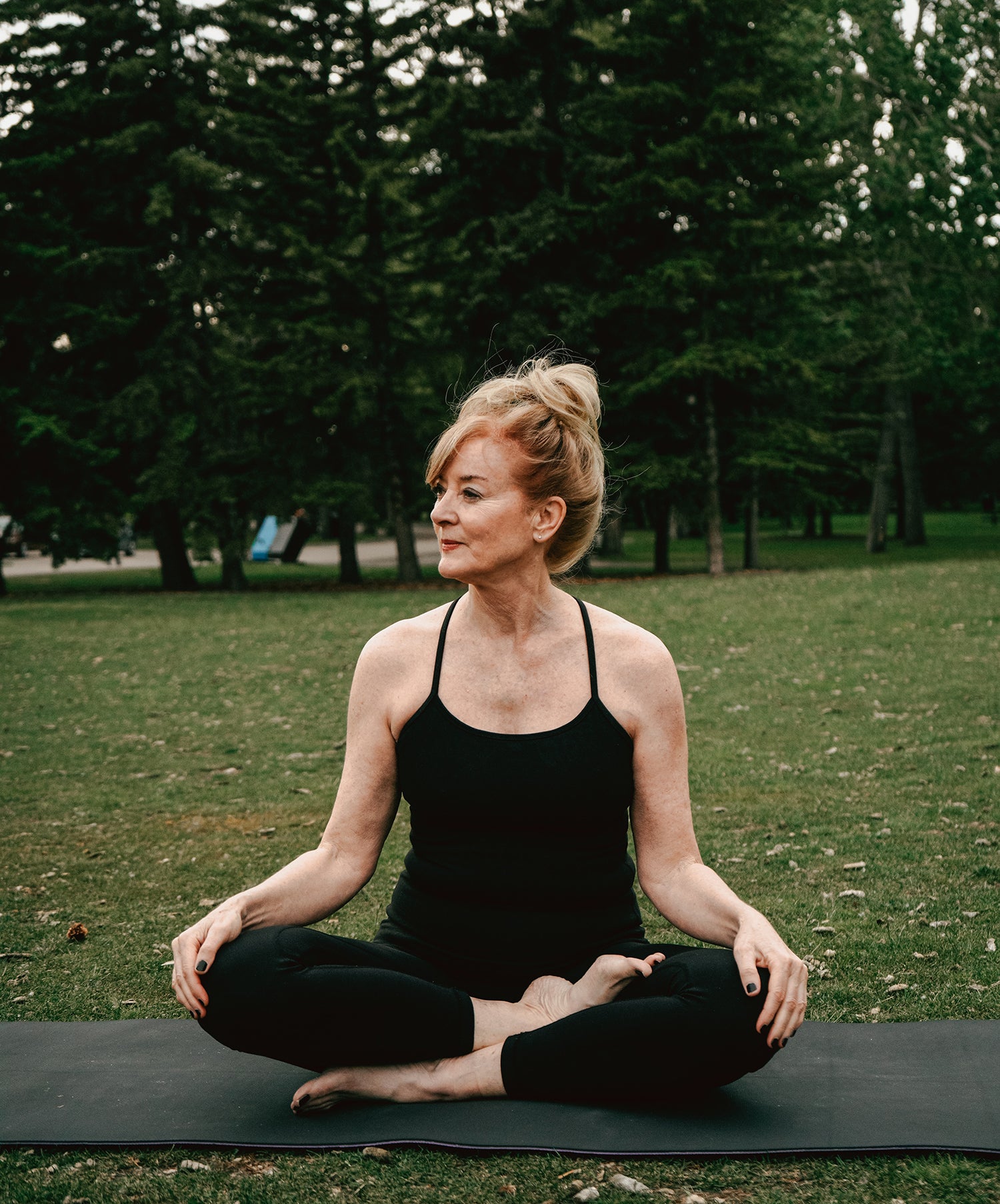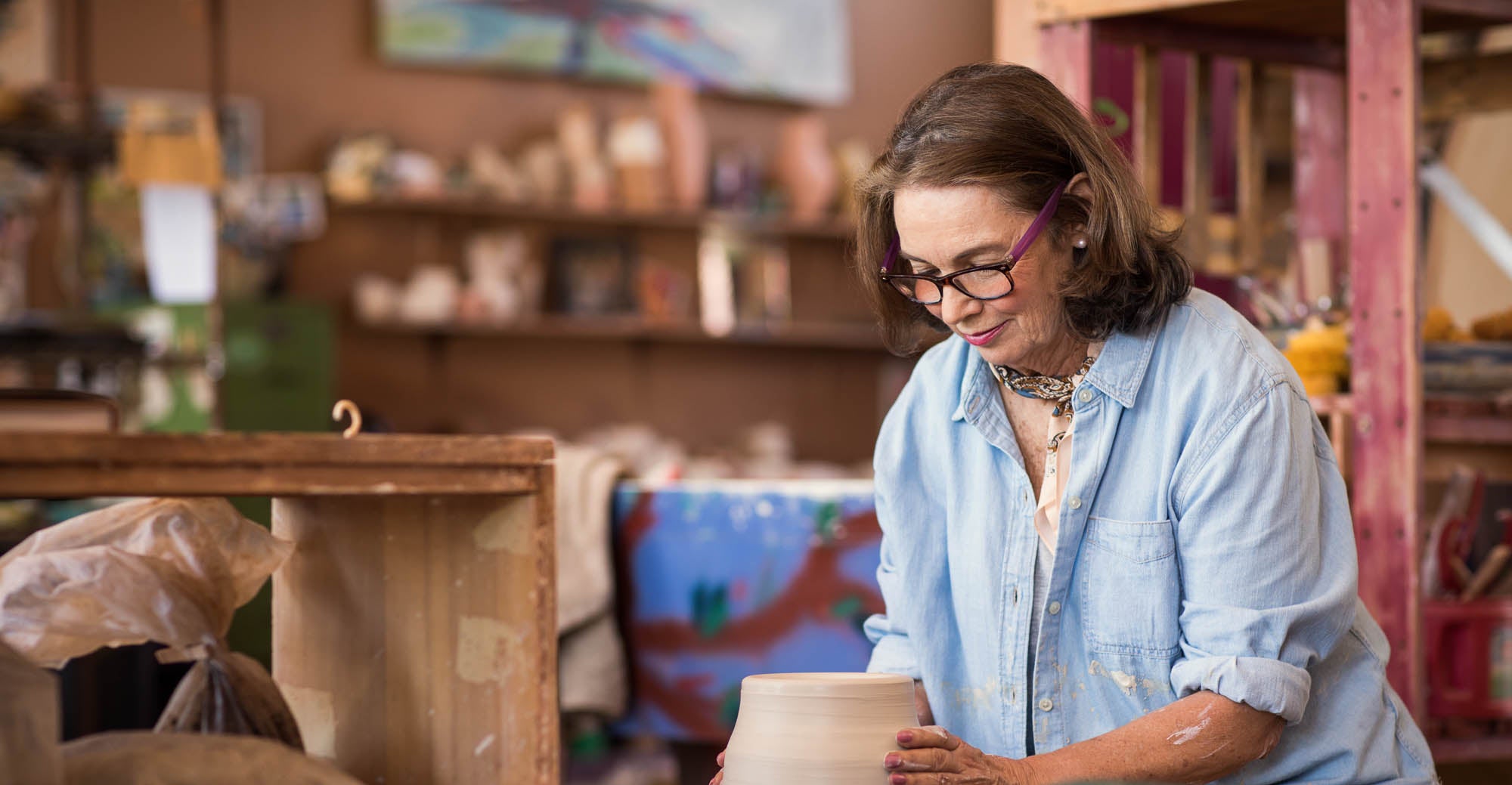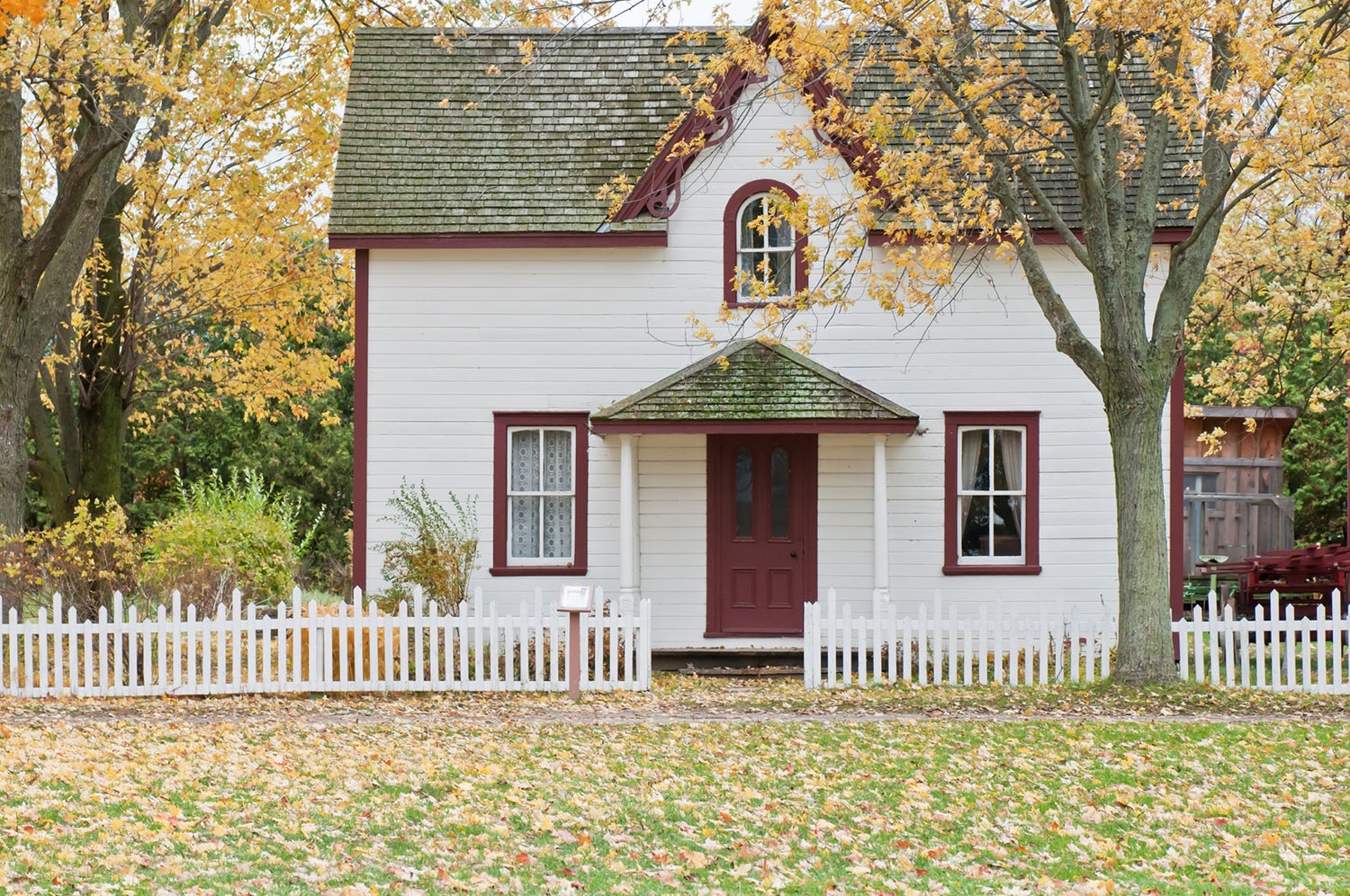When I was a kid, I was really into vampire movies. The idea that you could live forever captured my imagination. I bring this note about my childhood to you because this post is about living longer, I mean way longer than our current life expectancy, which is the longest it’s been in world history (Methuselah notwithstanding).
There isn’t consensus, according to longevity researchers, why there has been an increase in life expectancy, while at the same time, there is a reduced rate of what they call functional decline. That is, folks are living longer, but also living healthier. Life expectancy in the US has increased from 73 years in 2000 to just under 79 years. In addition to longer lives, there are many views on why, along with longer lives, older adults are healthier, exhibiting lower rates of functional decline. Researchers cited the following factors: education and creating “elder-friendly” living spaces. We are learning more about how to age well regarding the importance of diet and exercise, and we are retrofitting living spaces so that they don’t limit our ability to navigate safely and effectively (wheelchair ramps, step-in showers, etc.). Medical advances such as joint replacement surgery also forestall functional disability. Exercise programs designed for seniors such as Silver Sneakers come with many Medicare plans and keep seniors moving. Finally, the internet and social media provide opportunities to stay connected to family and friends, combatting social isolation.
Therefore, the means for older adults live a quality life during our latter years are available. And the more we learn about these means, the more we’re apt to use them. For the rest of my life, I want to live well until I’m no longer living. At this time in my life, I am pretty healthy (I have a mild case of osteoporosis, detected early, and despite my active lifestyle and daily exercise, hypertension-thanks, maternal genes, and hearing loss-thanks both sets of genes). Even though I completed my studies in Gerontology (returning to school for the first time in 40 years), I’m auditing a course this term (in part of maintaining my student status and, therefore, my student discounts). I’m healthy, and I want to continue to live as long as I remain healthy and able. I do not want to outlive my good health (I am not a vampire).
However, if new biotechnological breakthroughs can extend my well-being, I may be for it. Aubrey de Grey, chief science officer for the SENS (Strategies for Engineered Negligible Senescence) Research Foundation and co-author of Ending Aging, defines aging in his Ted Talk as a disease. As such, he and other researchers are developing a plan to create a cure for aging; they are looking for ways to repair all the molecular and cellular damage that aging causes. De Grey is clear that this is out there in the future but that it will happen incrementally; that is, there will be biotechnology in place to enable a middle-aged person to live to be 200. And during that person’s lifetime, the biotech will be further refined to increase the life span to 300, and upward over time. If this comes to be, it addresses my primary concern about living longer- merely existing rather than living as a functioning older adult. However, there is another major concern for me. I am active, and as long as I’m healthy, I plan to be. However, as I age, it’s clear to me that I am less likely to build new personal relationships (I’ve made two new friends in the past ten years, and it’s two because it’s a couple-two for the price of 1). During this period, I’ve deepened those of my friendships, which are vital to me. I will soon celebrate my 30th wedding anniversary (I first got married when I was 44 – my version of a mid-life crisis). What if I outlive those good friends and my wife? When I spend time with these people, I feel content-we laugh, have interesting discussions about politics or whatever, go to the movies, eat, watch sports. I have a best friend-we’ve been besties for 55 years. What if he’s gone and I’m here? It would create a big void in my life.
So, summed up, at this time, quality of life is a much more desirable goal for me than longevity. However, I would be interested in future advancements that promote longevity with healthy aging, but only if my friends and family also take part. My big question will these advances be accessible to all of us, or will only they be affordable only to the wealthy? I would hate to live in a world where wealth determines who lives a long and healthy life.
Another big question that bothers me, and one the de Grey tends to dismiss: how will societies obtain the resources they will need to provide for a continually expanding population, one that keeps growing and growing because nobody dies from old age? That, to me, is a huge obstacle.
And finally, will this mean that if we’re all living to 1,000, will we retire at age 750?
– Edward from McMinnville, Oregon, a FAR customer who is finding purpose in this new stage of his life.

Edward
Edward writes for FAR and is also a customer. He is 73-year-old, born and raised in and around New York City. After college and a little graduate school, he took Horace Greeley’s advice and went west. Edward lived in several cities throughout California and currently resides in Oregon. He practiced law for a few years as part of a law collective doing what they called “people’s law,” but spent most of his career working as an internal organizer for the unions.
When Edward’s career ended with the unions, he was determined to become an advocate for older adults. He enrolled at Portland Community College studying Gerontology. He learned a lot about aging and how it applied to his own life experiences and my own aging process. Much of Edward’s writing is related to what he learned in his Gerontology studies.
* The opinions expressed in this article are those of the authors. They do not necessarily reflect the opinions or views of the Finance of America Reverse (LLC).
This article is intended for general informational and educational purposes only, and should not be construed as financial or tax advice. For more information about whether a reverse mortgage may be right for you, you should consult an independent financial advisor. For tax advice, please consult a tax professional.















I WANT TO KEEP UP TO DATE ON RETIREMENT TRENDS
Follow Us.